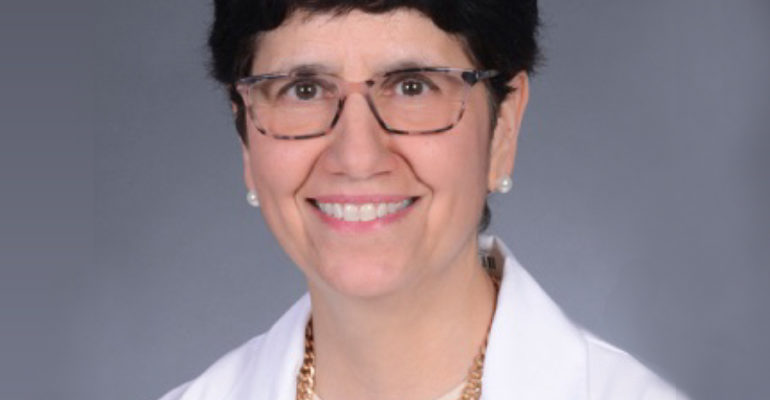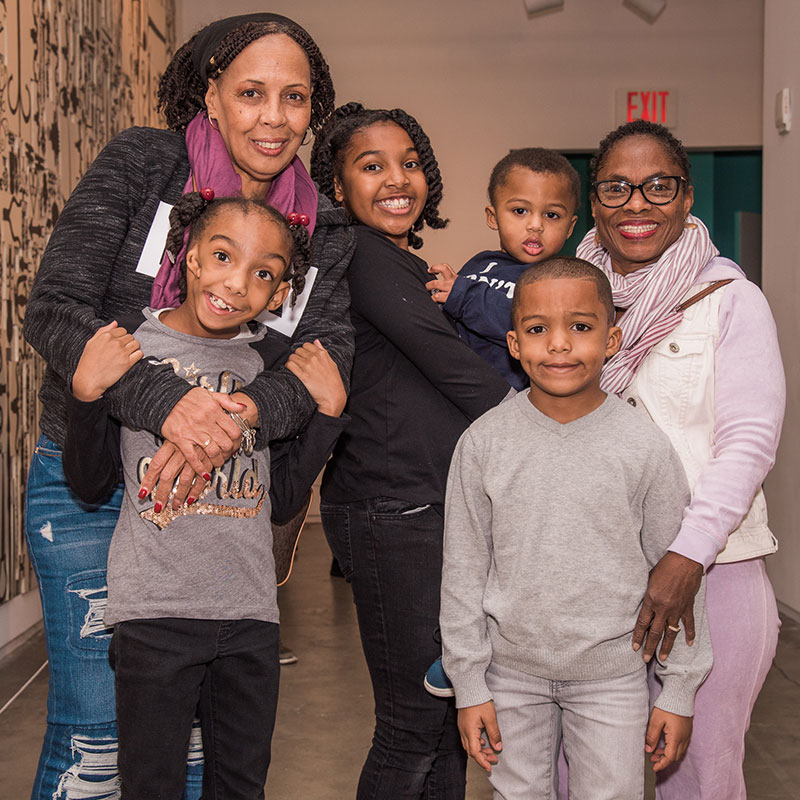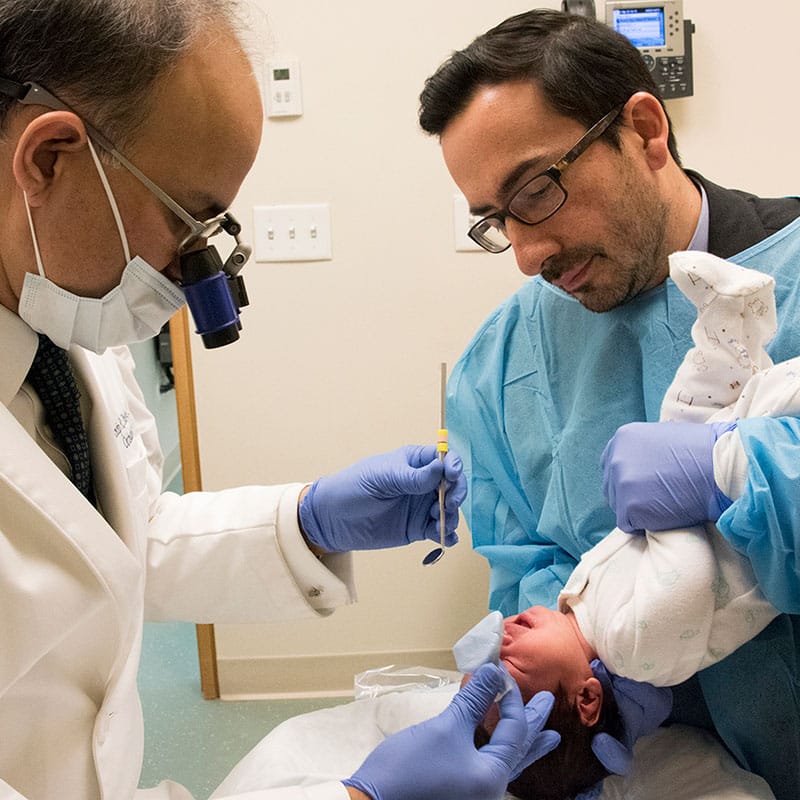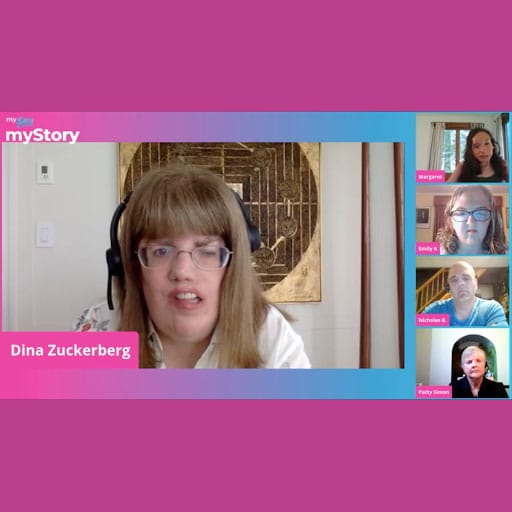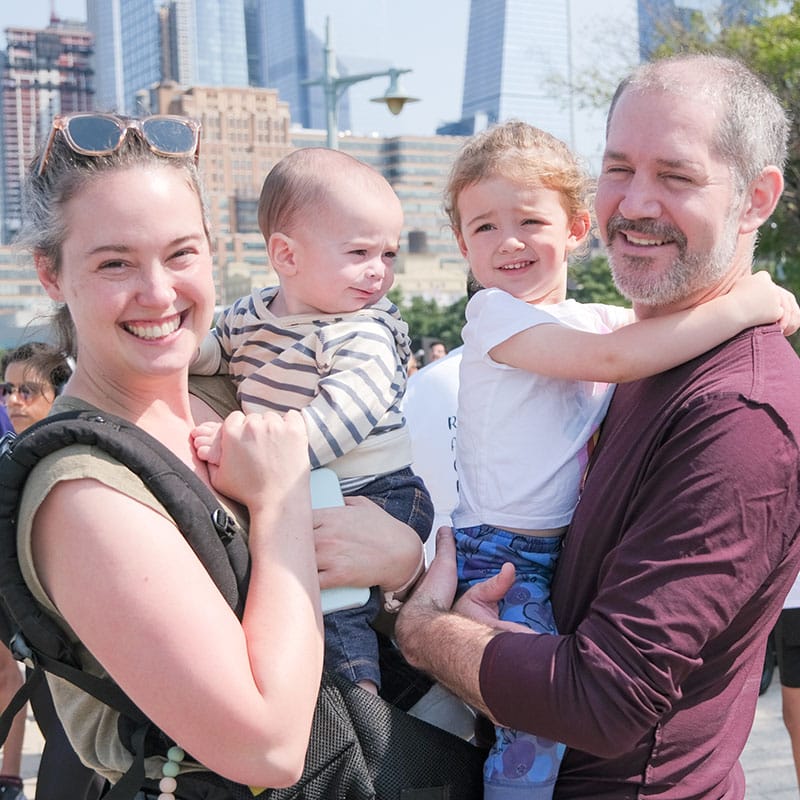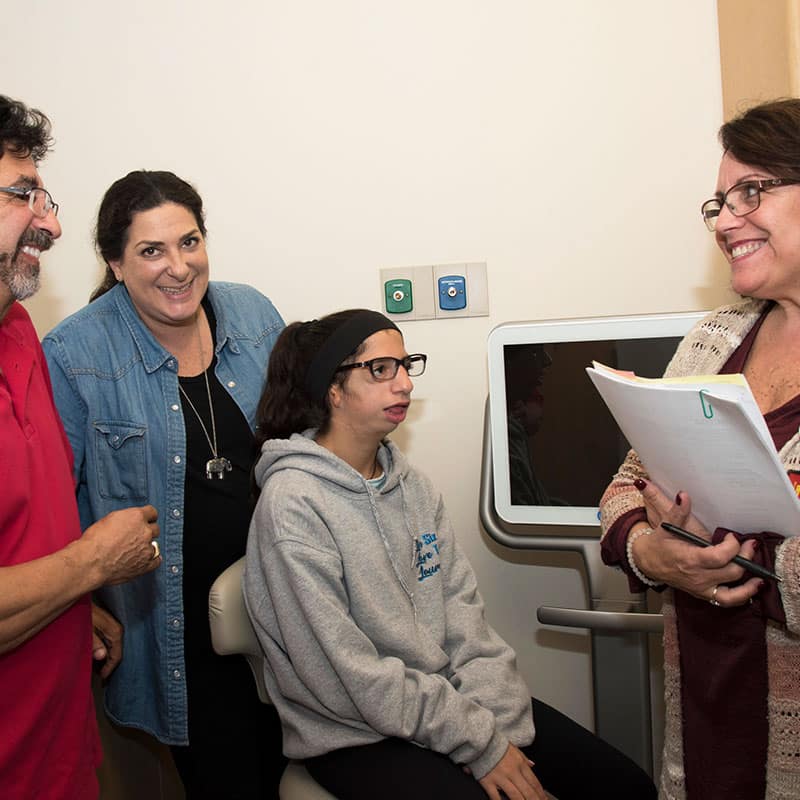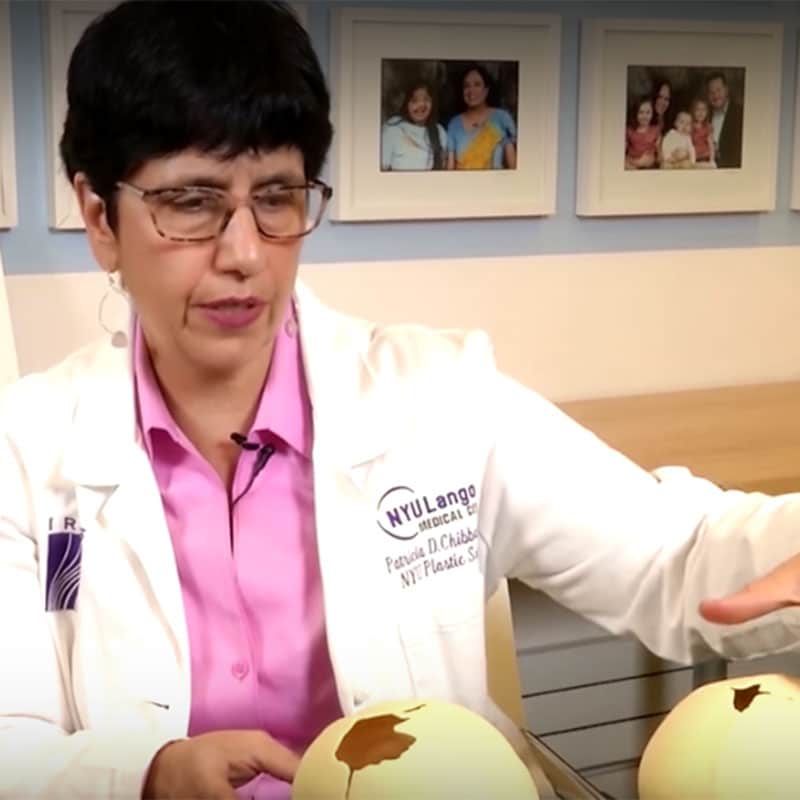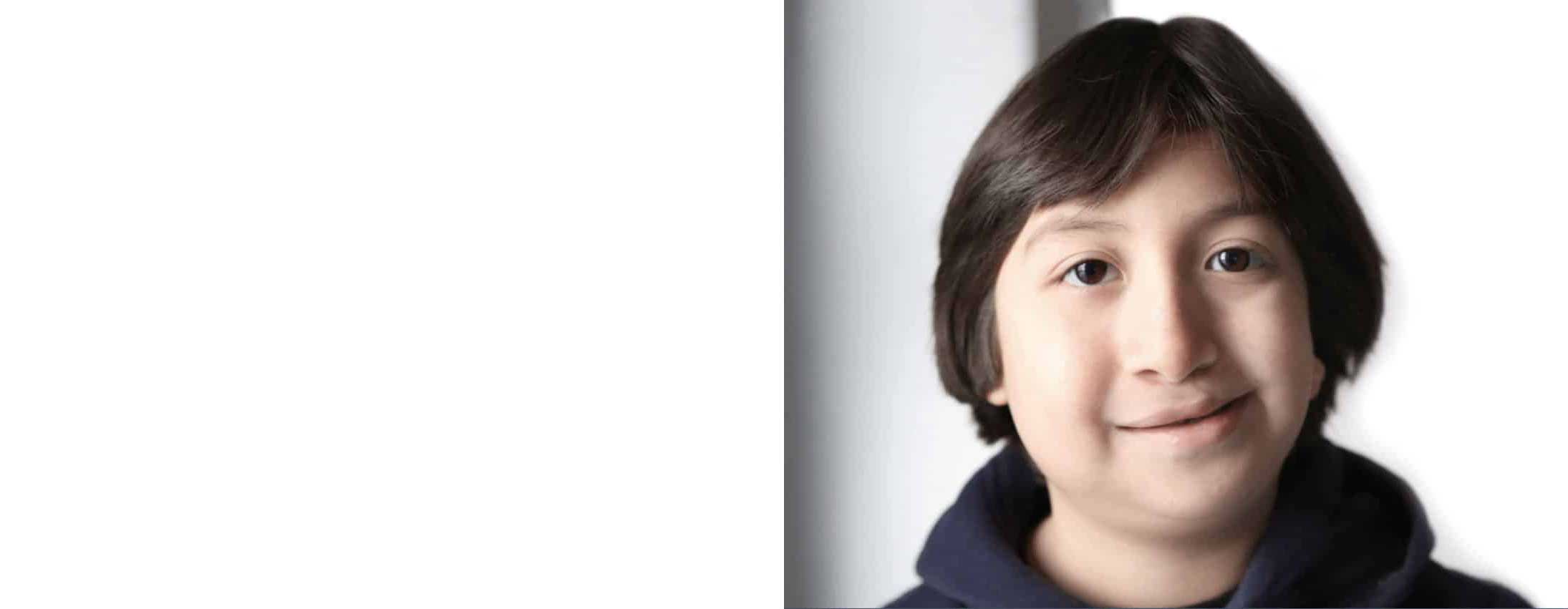Patricia Chibbaro, RN, MS, CPNP, Pediatric Nurse Practitioner myFace Center for Craniofacial Care at NYU Langone Health, New York, NY., sat down with us to answer some important questions about choosing a craniofacial care team, when to choose your team, how important the psychosocial aspects of the team are and the role of the pediatric dentist – a critical individual in craniofacial team care!
When should I start looking for the craniofacial team if I find out from the sonogram?
I recommend families contact a team right away. Many conditions cannot be seen on a prenatal sonogram, but for those that are, the family should get a referral to a comprehensive team immediately. In a prenatal consult they should expect to meet with the surgeon, learn how to prepare for the delivery, discuss feeding with a nutritionist, obtain resources and support from a social worker, and have an orthodontic team give an explanation about treatments that can be done even before the first surgery. These consults are invaluable for families because it gives them guidance, helps them prepare, and reassures them that there’s a light at the end of the tunnel.
How important are the psychosocial aspects of the team – nutritionist, speech therapists, psychologist?
A child with any craniofacial anomaly should initially be seen by everyone on the team. Specialists will come in and out depending on where your child is with their treatment. It is important that a psychosocial team is always available pre-, during, and post-surgery as a resource. Some families need support more than others, and there should be no judgment about who needs help, and who doesn’t. This is a journey, and that journey can go on for years.
Can you explain the role of a Pediatric Dentist?
The Pediatric Dentist plays a critical role in team care because craniofacial dental issues are very different from those in adults. It truly requires a special personality to win the confidence of a young child. ALL children should start going to a dentist, not just kids with facial conditions, as soon as you see a couple of teeth. This will allow children to become desensitized to visiting a dentist, especially for children who we know have a higher chance of needing orthodontic treatment through their childhood and adolescence.

